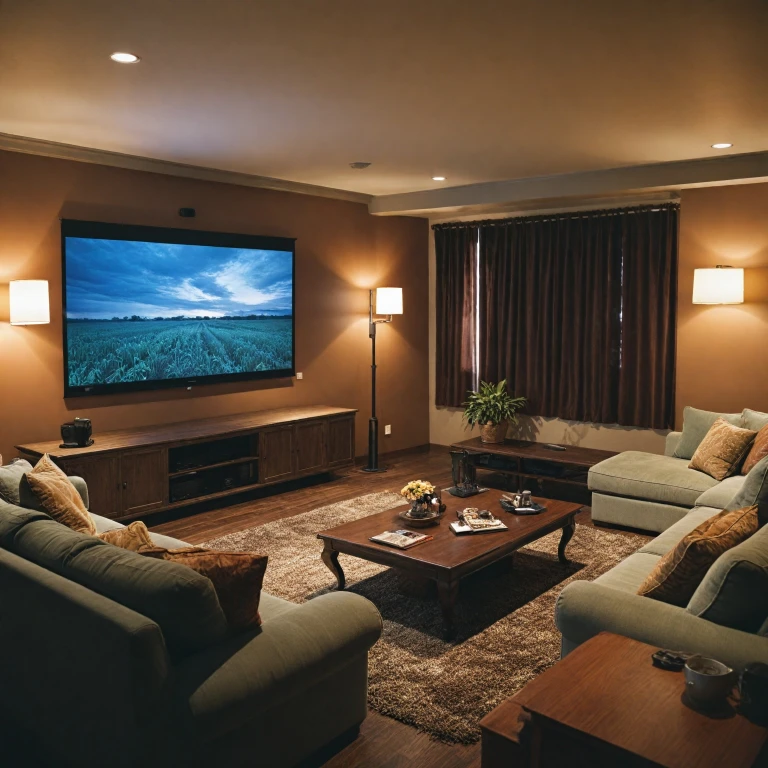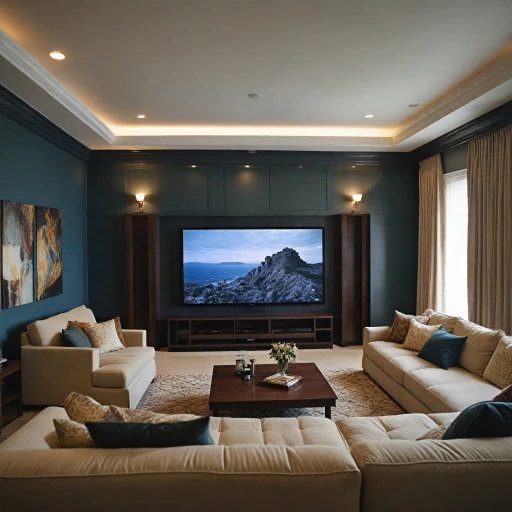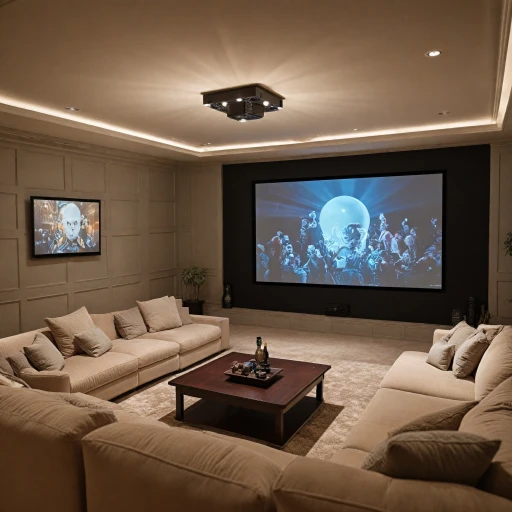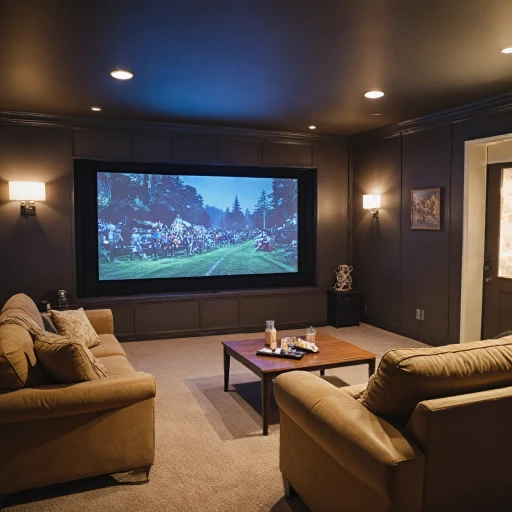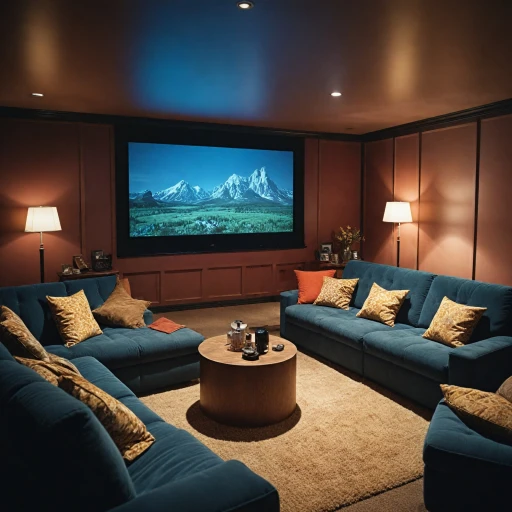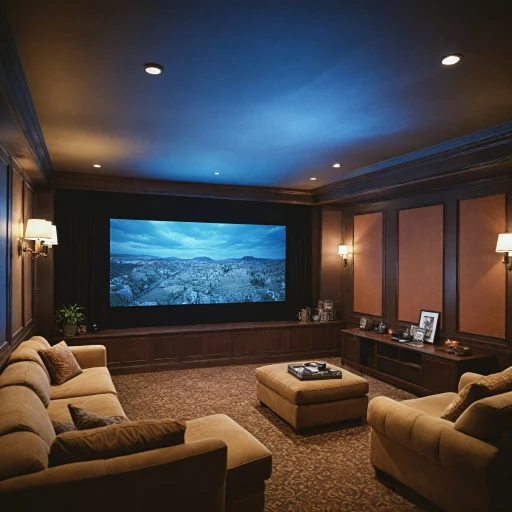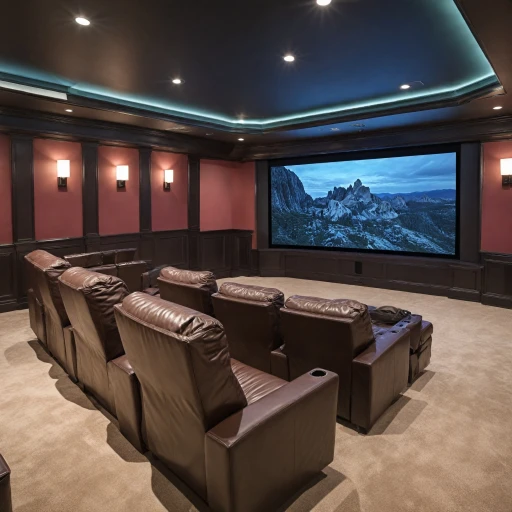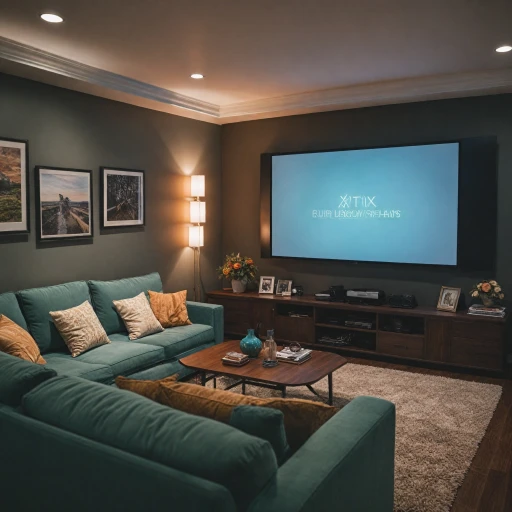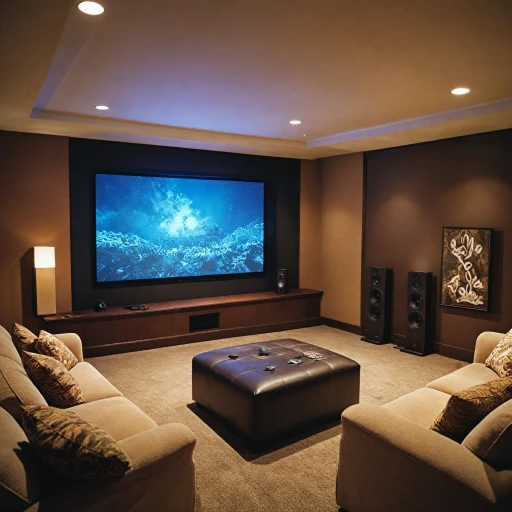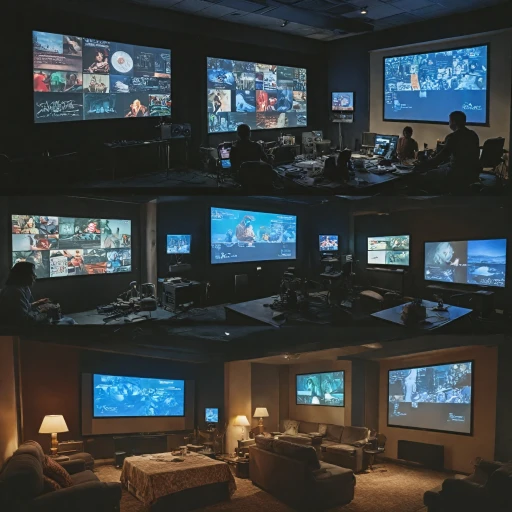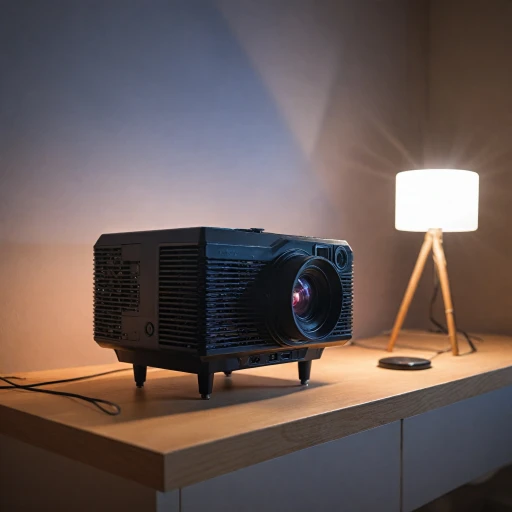
Understanding the Basics of 4K Technology
Delving into the World of 4K Technology
Choosing between a home theater projector and a TV involves understanding the nuances of 4K technology. 4K, which quadruples the resolution of Full HD, offers impressive clarity and detail. This technology is defined by its capability to display 3,840 x 2,160 pixels—resulting in an unparalleled viewing experience. But let’s break it down further:- Resolution: The backbone of 4K is its pixel count; more pixels mean better image quality. Both projectors and TVs in 4K provide sharp visuals, but how they handle screen size and ambient light can affect your experience.
- Image Quality: Theoretically, higher resolution should translate to superior image quality, but this can also depend on the device's technology. For instance, the XGIMI lineup, including the Horizon Pro and Horizon Ultra, is reputed for offering exceptional image quality through advanced features like Dolby Vision and short throw capabilities. The *projectors offer* various levels of brightness and color accuracy, bringing cinema-quality visuals into your home.
- Screen Size: Where 4K shines is in larger screens. A projector screen can easily exceed 100 inches, truly offering a cinematic experience. On the contrary, while tvs are restricted by size, the superiority of projectors for large screen applications becomes apparent.
- Viewing Experience: Whether for movies, shows, or gaming, 4K enhances the overall experience. Gaming projectors, with their response times and expansive viewing area, cater especially well to gamers.
Comparing Image Quality: 4K Projector vs. 4K TV
Visual Excellence: Screen Dynamics
When it comes to image quality, the comparison between 4K projectors and 4K TVs hinges on screen dynamics and viewer expectations. A significant factor in favor of projectors is their ability to produce a large screen, which is essential for creating a true cinematic experience. This is particularly beneficial in a home theater setup where the Screen size is crucial for immersive visuals.
Brightness and Light Handling
4K projectors like the XGIMI Horizon Pro and other short throw models address the challenges of ambient light by offering higher brightness levels. Although Tvs provide better performance in well-lit environments due to their inherently higher brightness, projectors offer features like Dolby Vision and advanced laser projection that cater to improved viewing experiences in controlled lighting conditions.
Contrast and Color Fidelity
Projectors offer rich contrast levels, which play a vital role in enhancing image quality and delivering deeper blacks. With technologies like Horizon Ultra and XGIMI Horizon, there is a noticeable resolution enhancement that wills make colors pop, delivering a realistic viewing experience. In contrast, Tvs typically excel in providing better uniformity and superior control over color accuracy in mixed lighting conditions.
If you're a visual quality enthusiast, exploring more specific gear such as gaming projectors can further elevate your home theater's viewing experience with tailored features catering to the dynamic visuals of gaming and fast-paced action content.
Space and Setup Considerations
Space Optimization and Set-up Flexibility
When setting up your home theater, the available space and the way you configure it play a crucial role in determining whether a projector or a TV is more suitable. If your room is spacious, you might lean towards a projector to enjoy its flexibility and ability to create a large screen size without taking up significant real estate. The trend towards projectors like the XGIMI Horizon Pro shows how modern options are designed for optimal space usage. These projectors offer stunning image resolution and can easily adapt to varying room sizes, enhancing your viewing experience with an impressive big screen effect. On the other hand, if your viewing space is more limited, a 4K TV could be the better option, offering crystal-clear image quality in a compact form. However, don’t underestimate the versatility of projectors—some models, such as the horizon ultra short throw projector, require only minimal distance to achieve a large screen size. This characteristic is particularly valuable in rooms with space constraints, allowing you to experience a cinematic atmosphere without needing an expansive room. An additional consideration is ambient light, as it can affect the quality of your screen display. While TVs are less impacted by ambient light conditions, projectors often require more controlled lighting to deliver the best image clarity. That being said, the advancement in projector technology means that models like the XGIMI Horizon are increasingly capable of overcoming such lighting issues, making them a strong contender for varied environments. Ultimately, the choice between projectors and TVs hinges significantly on your room and set-up preferences. Explore the brightness of a 6000 lumen projector to better understand how modern projectors can fit into your home theater set-up while providing a superior viewing experience tailored to your space.Cost Analysis: Initial Investment and Long-Term Expenses
Initial Expenditure versus Sustained Outlay
When weighing the initial expense of setting up a 4K projector against that of a 4K TV, several factors should be considered. Upfront, projectors typically have a wider range of prices due to variations in capabilities, such as those seen in high-end options like the XGIMI Horizon Pro or laser projectors, which offer exceptional image quality and resolution. For those investing in a home theater, the projector screen size can be a critical deciding factor. While TVs offer large screens, projectors provide flexible screen size options that can enhance the cinematic experience, especially important for a theater room adapting to different content types. Long-term expenses also play a significant role.- Maintenance Costs: Projectors may require more regular maintenance, such as replacing bulbs, though newer models like the Horizon Ultra use long-lasting LED or laser technology to mitigate this issue.
- Electricity: TVs typically consume more electricity over the lifespan due to their always-on backlight, unlike projectors which have lower energy consumption when compared to particularly large TVs.

